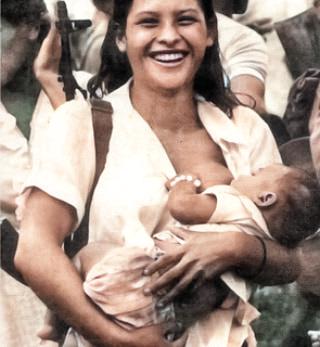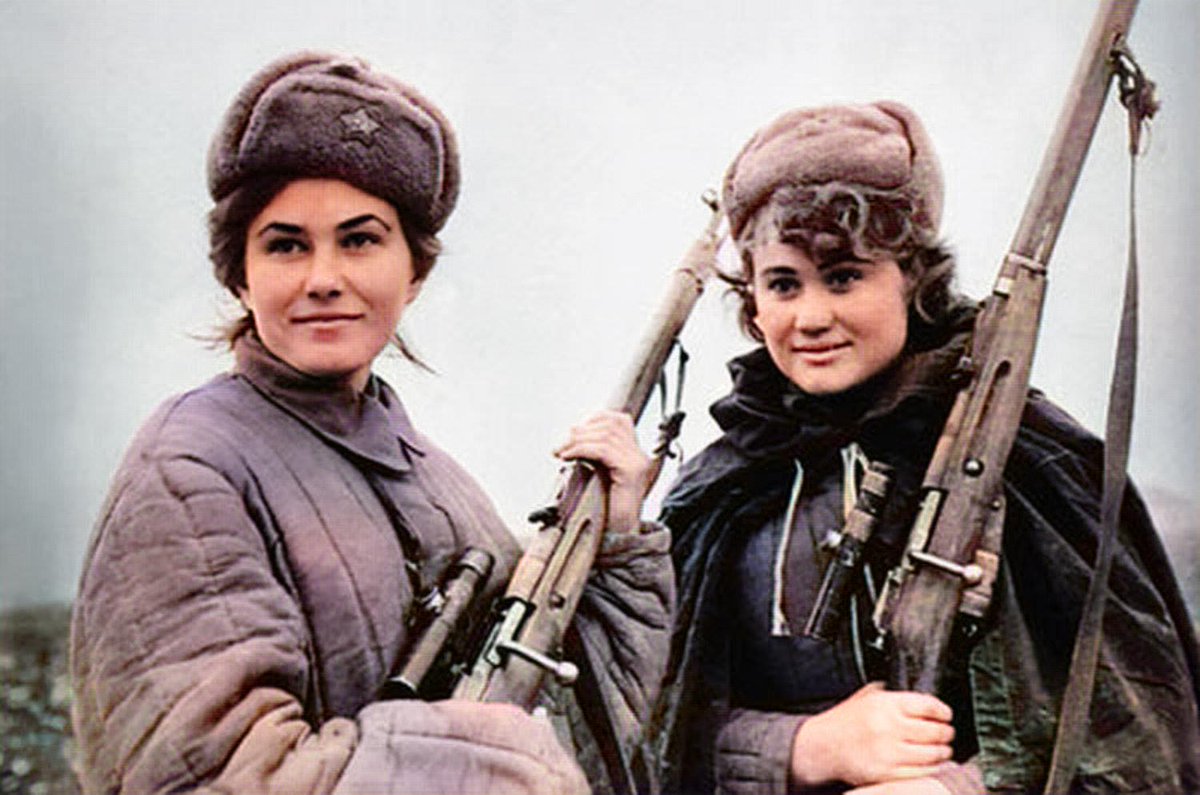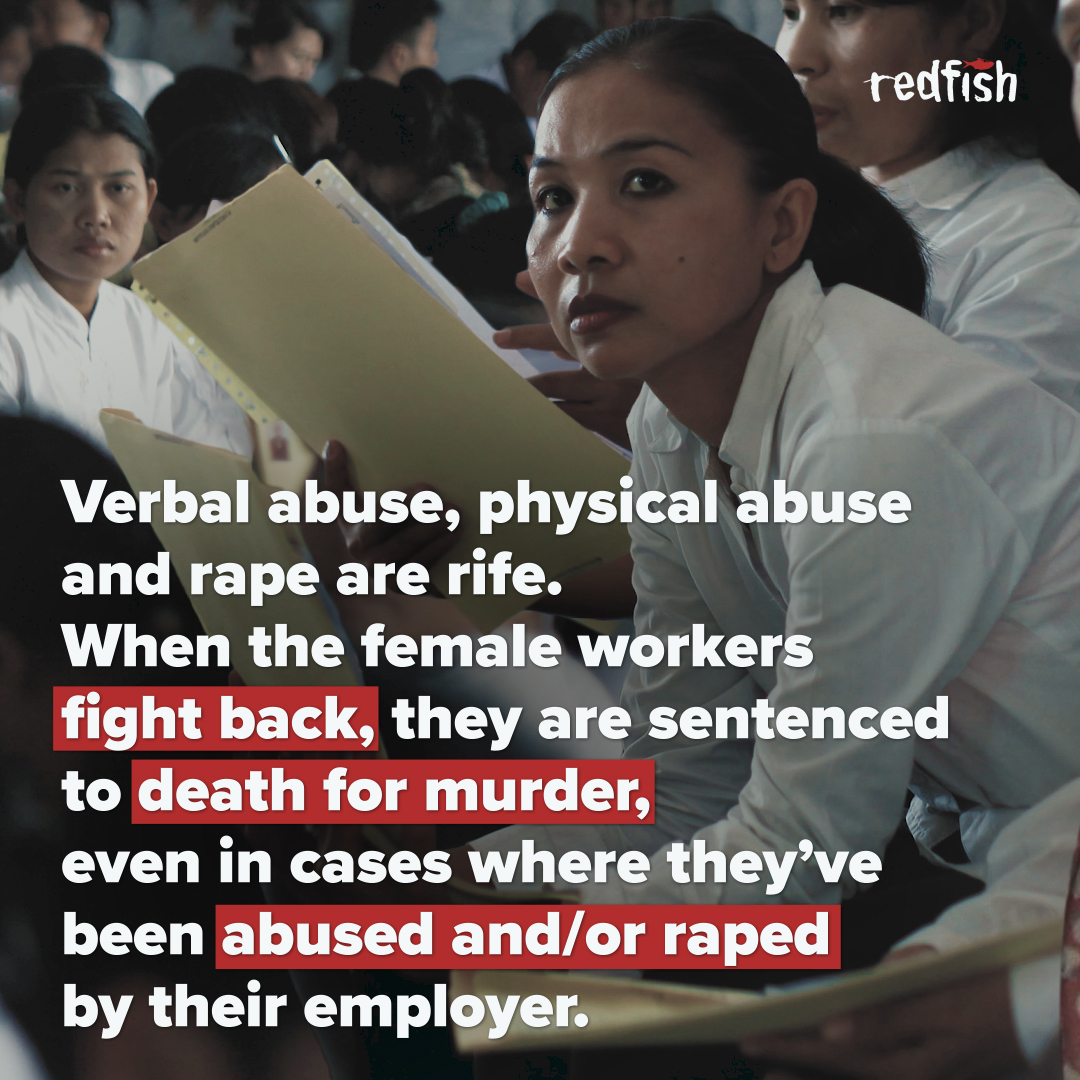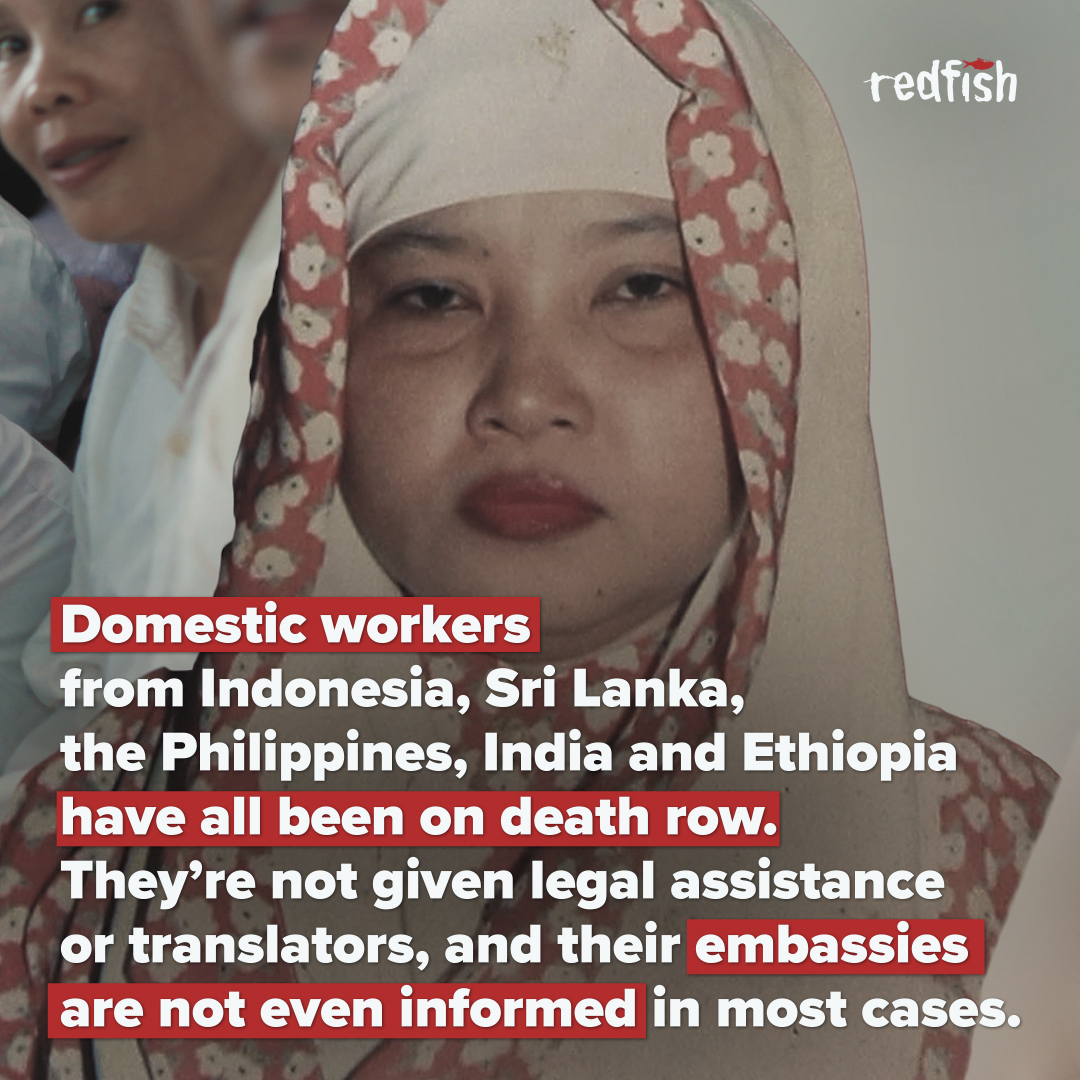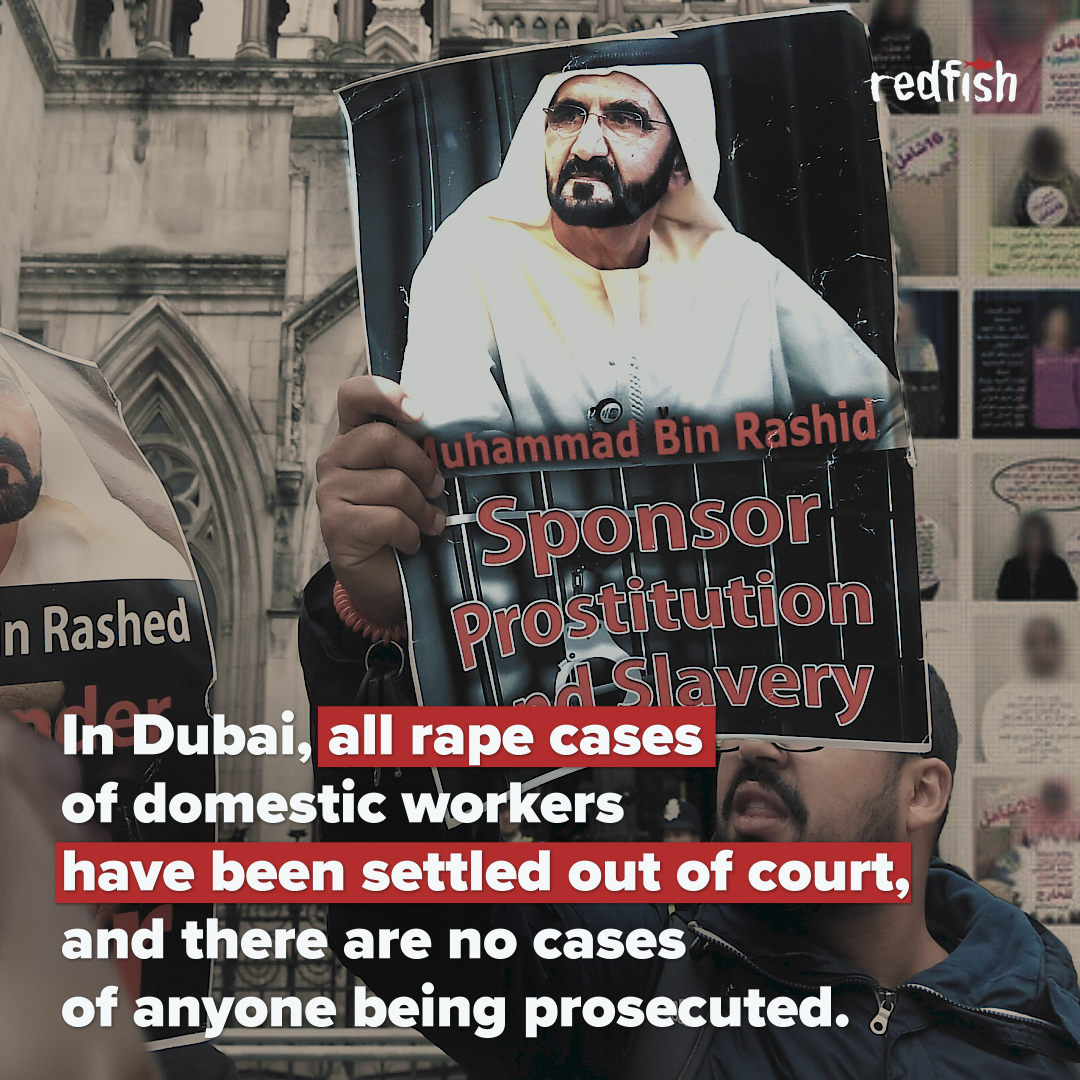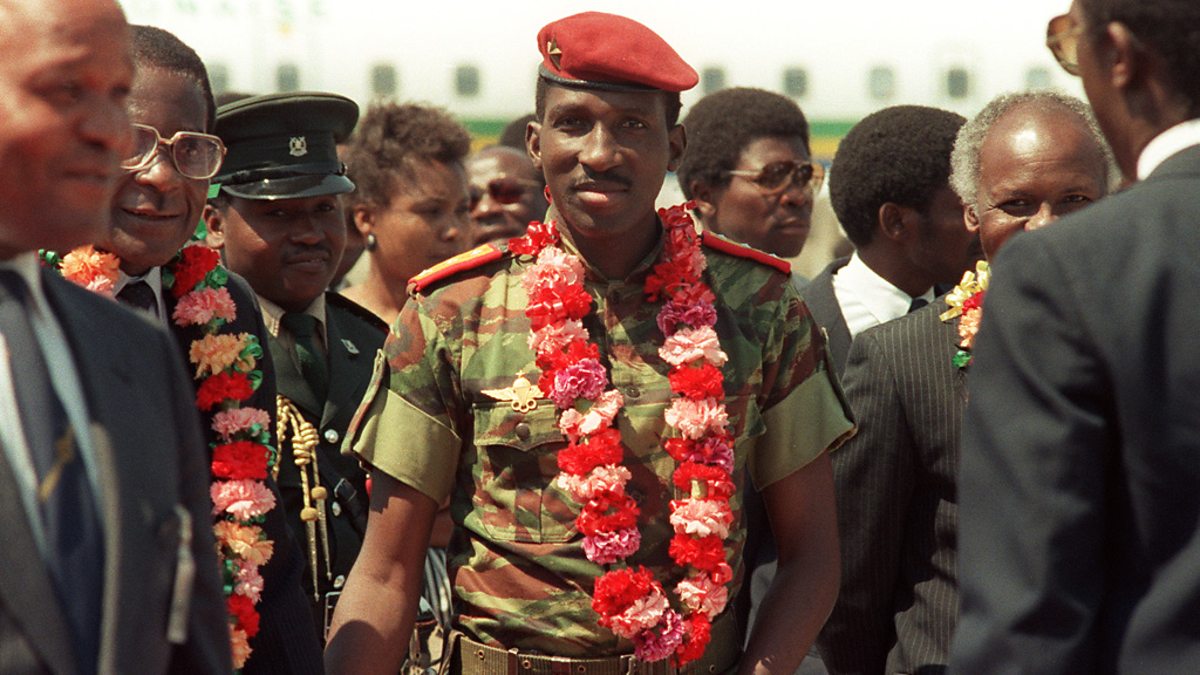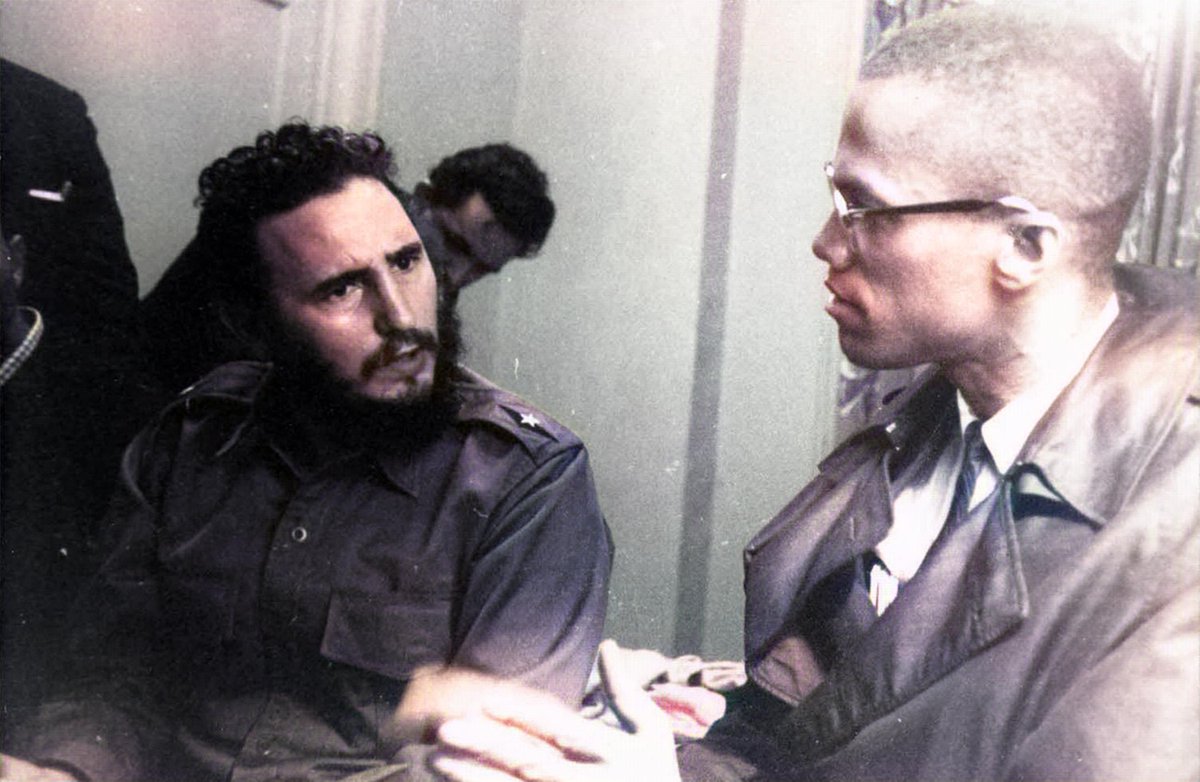
On this day in 1890, legendary Lakota Sioux chief Sitting Bull was killed by U.S. government agents.
Sitting Bull was the political and spiritual Native American leader who united the Sioux tribes against the white settlers taking their tribal land.
Sitting Bull was the political and spiritual Native American leader who united the Sioux tribes against the white settlers taking their tribal land.

In 1868, 25 tribal leaders signed the Fort Laramie Treaty with the U.S. government, which created the Great Sioux Reservation. But Sitting Bull refused to surrender. 

Sitting Bull’s anti-treaty stance won him many followers. Upon the discovery of gold within the boundaries of the Great Sioux Reservation in 1874, the U.S. government reneged on the treaty and began to remove native tribes from their land by force. 

Sitting Bull was expected to move his village 240 miles in the bitter cold. Defiant, he refused to back down.
The ensuing Great Sioux Wars culminated in the 1876 Battle of Little Bighorn, when Sitting Bull & Crazy Horse led united tribes to victory against General George Custer.
The ensuing Great Sioux Wars culminated in the 1876 Battle of Little Bighorn, when Sitting Bull & Crazy Horse led united tribes to victory against General George Custer.

Sitting Bull was shot and killed by U.S.-hired Indian police officers on the Standing Rock Indian Reservation on this day in 1890, but is still remembered as a leader who fought for his people’s dignity, identity, and sacred land. 

• • •
Missing some Tweet in this thread? You can try to
force a refresh







